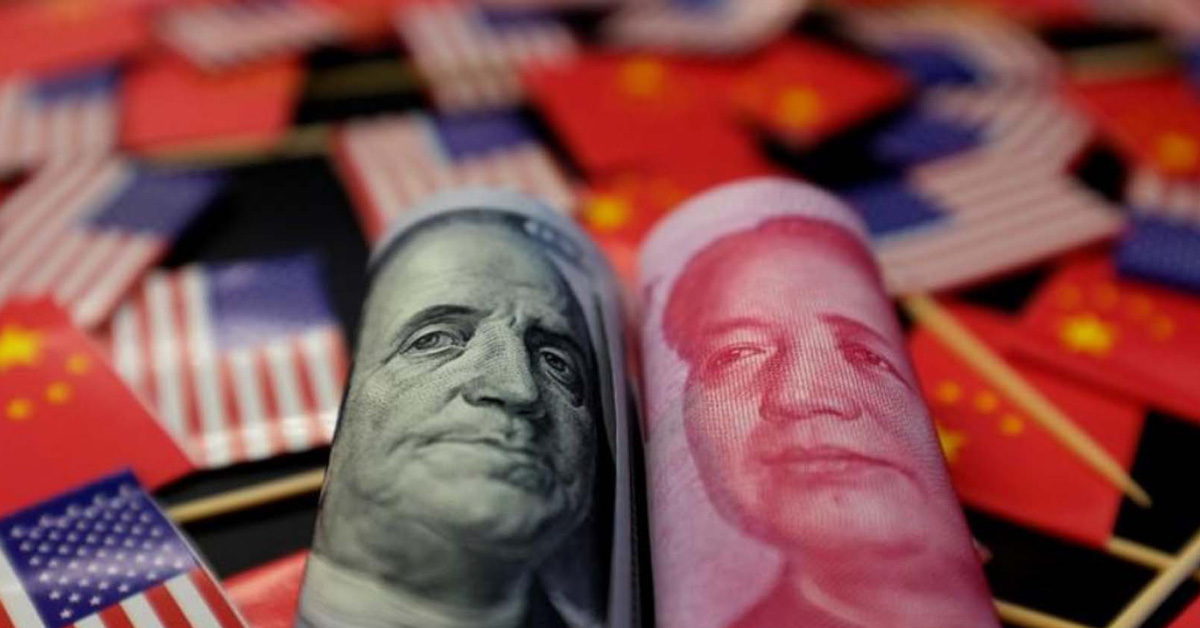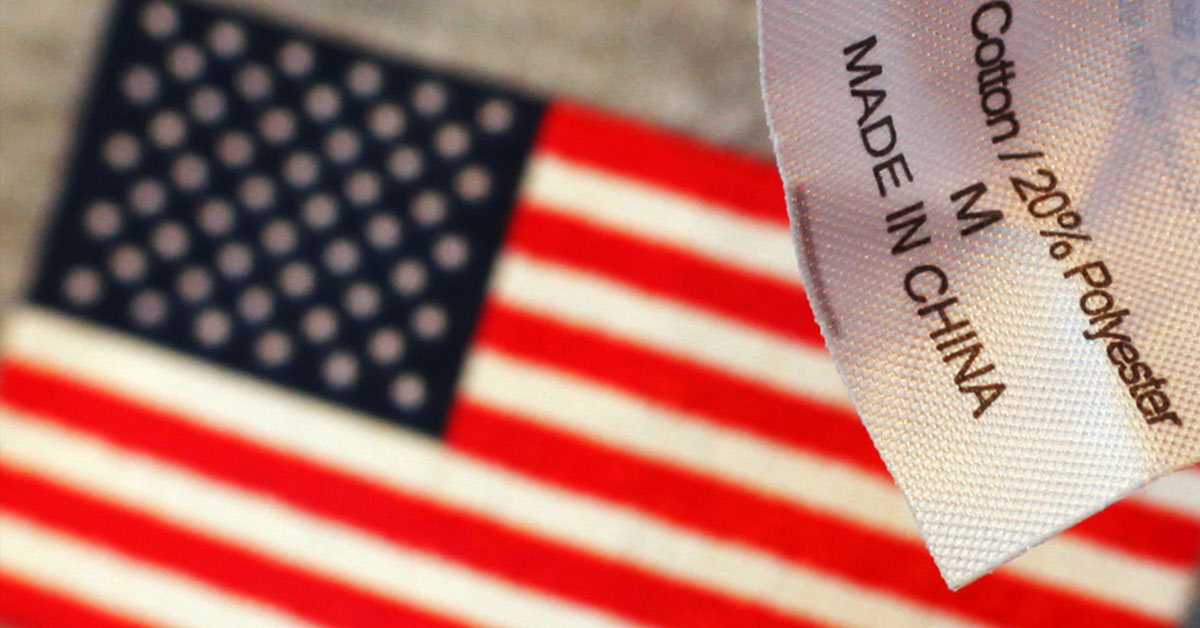US-China trade war shows no sign of ending
The latest round of tariffs that the United States and China imposed on each other went into effect Sunday. The 15 percent U.S. taxes apply to about $112 billion of Chinese imports.
More than two-thirds of the consumer goods the United States imports from China now face higher taxes. The administration had largely avoided hitting consumer items in its earlier rounds of tariff hikes, reports Fox News.
Even more tariffs loom on the horizon. On December 15, the Trump administration is scheduled to impose a second round of 15 percent tariffs — this time on roughly $160 billion of imports. If those duties take effect, virtually all goods imported from China will be covered, including all major Apple products.
The list of tariffs going into effect in September is 122 pages long, covering everything from the strange and dangerous—like “saps and extracts of opium” to “muffin ovens” and “tanks and other armored fighting vehicles”—to “men’s and boy’s suits, knitted or crocheted”, reports Quartz.
Given how much is covered in September , December’s list is much shorter. Only 21 pages, it includes pet toys, pencil sharpeners, umbrellas, and natural pearls (cultured pearls, along with rubies, diamonds and sapphires, will be tariffed in September).
Full list for September 2019:
Full list for December 2019:
More Amazon news

China insists on the removal of existing US tariffs
US-China Trade Deal Beijing’s top priority in the trade deal with the United States is the removal of existing tariffs on Chinese goods “Sources with direct knowledge of the trade talks told the Global Times on Saturday that the U.S. must remove existing...

Amazon is going to need a lot of robots
Amazon wants to ship you anything in 30 minutes Analysts predict that Amazon will try to add robots and automation to its entire operation. It is inevitable given Amazon's focus on efficiency and pleasing customers. Amazon is burning through billions to...

Former Amazon executive on the 5-star rating system
Amazon rating system developers ended up being too protective of it According to the former Amazon executive, the online ratings and reviews model was a good solution at first, but the team ended up being too protective of it. Dan Lewis spent many years at...


